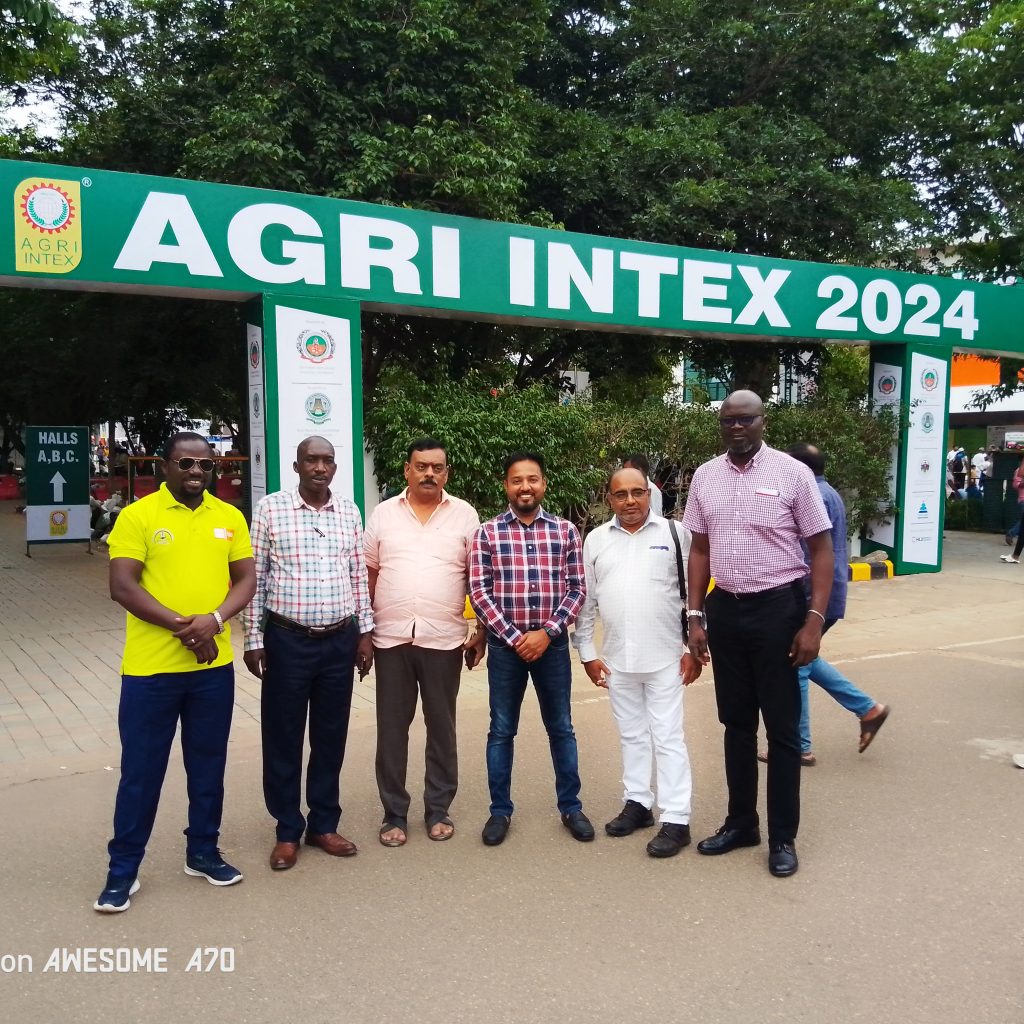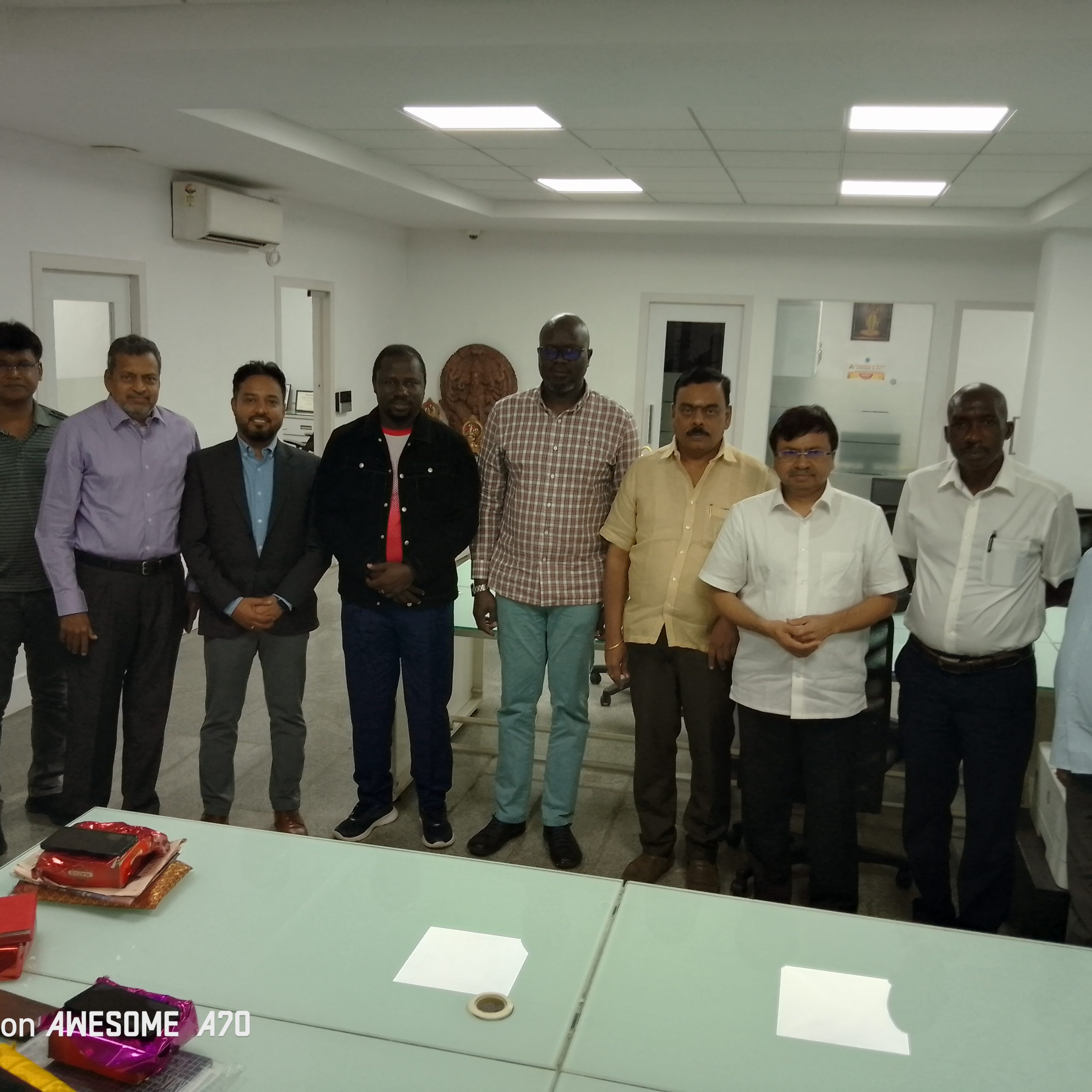During Dr. Morris Chris Ongom’s recent business mission trip to India, he gained valuable insights into how family-run small enterprises have evolved into multi-billion-dollar investments. His visit to various business establishments in India highlighted the significant role that indigenous solutions and skills exchange play in achieving successful industrialization.
- Learning from Successful Models: Dr. Ongom observed firsthand how Indian family-owned businesses, which often start as small enterprises, leverage deep-rooted cultural practices and local knowledge to drive innovation and growth. These enterprises combine traditional skills with modern business practices, allowing them to scale up and become major global players. This experience underscores the potential for similar approaches in Lango and Uganda, where integrating indigenous solutions with contemporary strategies can foster sustainable industrial development.
- Skills Exchange and Collaboration: The trip also highlighted the importance of skills exchange programs. Dr. Ongom noted how Indian businesses thrive by sharing knowledge and expertise across sectors, which helps local entrepreneurs refine their practices and achieve long-term success. He advocates for Uganda to establish similar exchange programs, enabling local businesses to learn from international best practices while applying indigenous insights. This collaborative approach can bridge skill gaps, enhance local industry capabilities, and accelerate the growth of small enterprises into significant investments.
Dr. Ongom’s mission emphasizes that by embracing both indigenous solutions and international skills exchange, Lango and Uganda can create a strong foundation for industrialization, leading to sustainable economic growth and increased global competitiveness.










Thanks for posting. I really enjoyed reading it, especially because it addressed my problem. It helped me a lot and I hope it will help others too.
I want to thank you for your assistance and this post. It’s been great.
Sustain the excellent work and producing in the group!
May I have information on the topic of your article?
Thank you for being of assistance to me. I really loved this article.
Thank you for your articles. I find them very helpful. Could you help me with something?
Thanks for posting. I really enjoyed reading it, especially because it addressed my problem. It helped me a lot and I hope it will help others too.
I’d like to find out more? I’d love to find out more details.
Your articles are extremely helpful to me. May I ask for more information?